
Dramatic Play
Dramatic play helps build creativity. Read about how to support kids in playing pretend.
It’s possible to play without any toys at all! Children usually begin dramatic or fantasy play around age two. They may pretend that a block building is their house, or that the kitchen is their restaurant. Dramatic play helps kids exercise their imaginations and work on their creativity. Role play (pretending to be a doctor, teacher, mom, dad, and so on) can also help kids learn about the purpose and jobs of people in their neighborhood and life.
As kids get a little older (ages four to six), they may begin to play pretend with their siblings or peers. Switching roles and coming up with stories together will help build language skills, as well as skills for sharing, taking turns, and cooperating.
Here are a few pretend scenes to play out:
- Camping. Make a “tent” using a blanket and chairs, and say, “Let’s pretend to roast marshmallows!” Afterwards, you might pretend you’re getting into sleeping bags in the tent.
- Outer Space. Take turns flying a space ship and walking on the moon. Ask kids to look out the window of their spaceship. Say, “What do you see in the sky?”
- Restaurant. Work on memory skills as you take each other’s orders, and brainstorm delicious creations to cook. Ask kids, “What ingredients do we need? What tools can we use to cook?” Pretend to use pots, pans, and kitchen tools to create a special meal together.
- Garden. Talk about the fruits and vegetables you want to plant. Then, pretend to dig up soil, sprinkle seeds, cover them, and water them. How tall do your plants grow?
- Bath time. Pretend to wash a doll or stuffed animal. Label the body parts you’re washing and then dry off and dress the doll. Ask kids what else they might do to take care of a baby, and act it out!

Communicating with Parents and Caregivers Around Routines
An article offering strategies for communication with parents/caregivers.
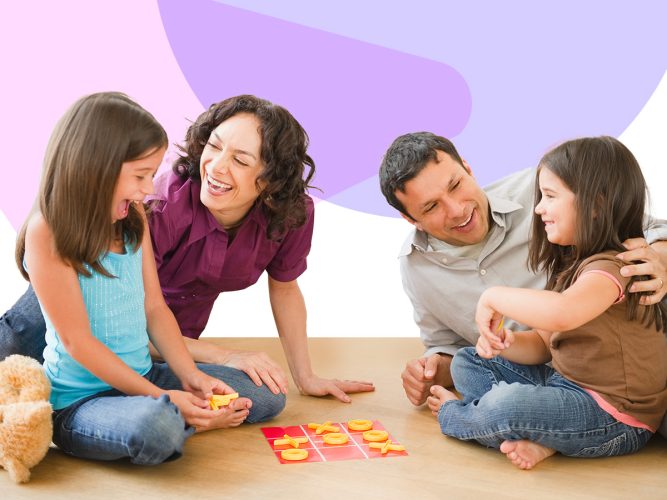
Shaping an Engaging Learning Environment
Your space is full of opportunities for children to learn and grow!

Planning Our Days: Creating Schedules for Children
Planning ahead can help you be intentional about the learning of the children in your care!
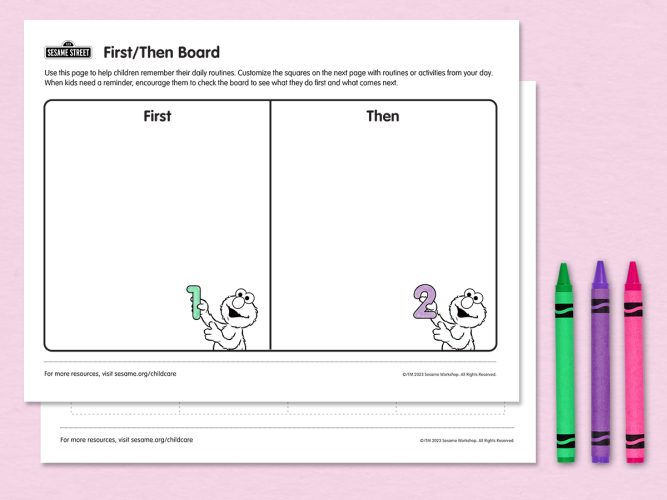
“First/Then” Boards: Managing Daily Routines
A printable tool to help children know what to expect in their daily routines and activities.
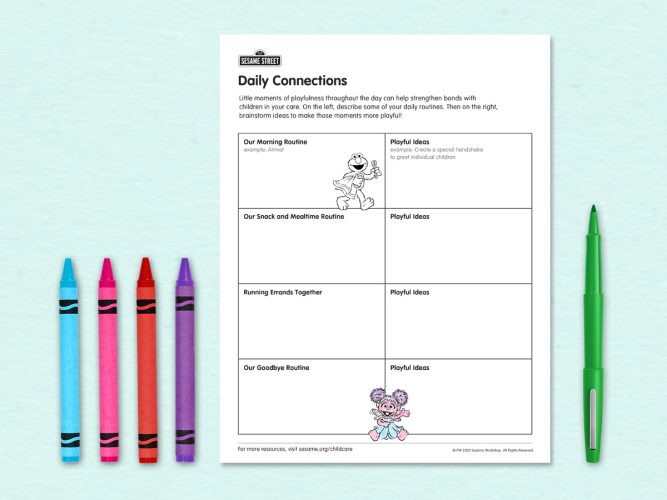
Planning for Play in Daily Routines
A printable page to plan moments of playfulness during daily routines.
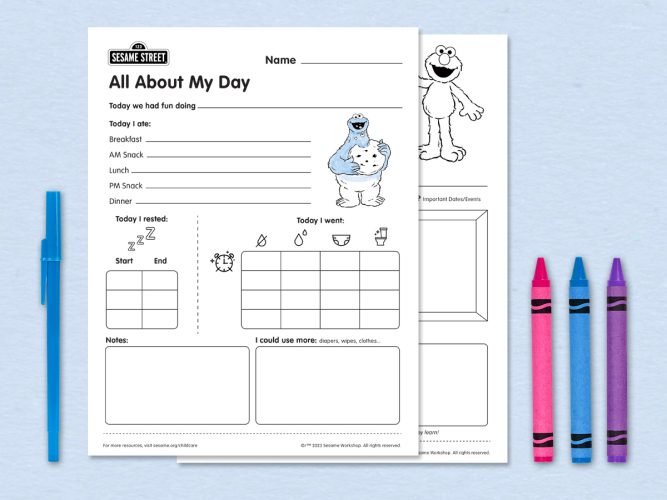
Provider-Parent Communications Log
A printable page to help parents and caregivers communicate about a child’s day.
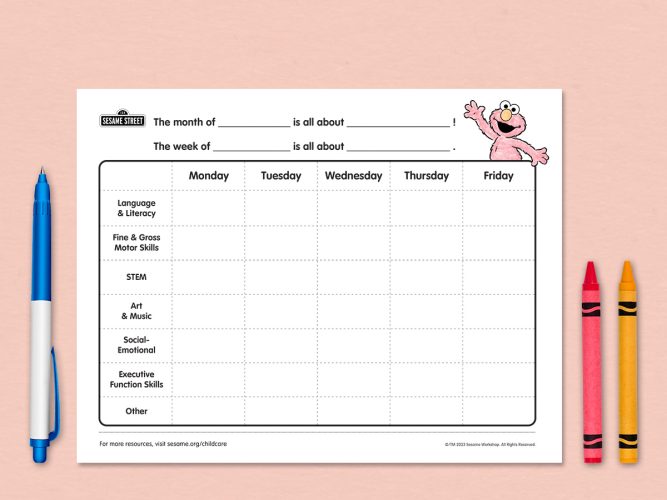
Lesson Planning Practice
A tool to plan opportunities for learning connected to monthly and weekly themes.
